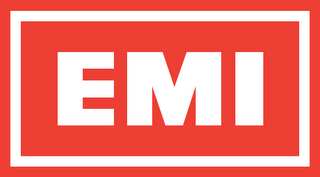 This is great news for music fans. EMI was the first big label to abandon consumer hated DRM on Itunes and is now making another good business choice by distancing themselves from the suit happy and equally disdained RIAA. Now we just need them to embrace a creative web based business model like Magnatune and we will have a new direction for the future of music.
This is great news for music fans. EMI was the first big label to abandon consumer hated DRM on Itunes and is now making another good business choice by distancing themselves from the suit happy and equally disdained RIAA. Now we just need them to embrace a creative web based business model like Magnatune and we will have a new direction for the future of music.
As a reminder EMI is one of the Big 4 in music and has signed many popular artists from multiple genres, including The Beatles, Pink Floyd, Maria Callas, Queen, Legião Urbana, Kraftwerk, Saxon, Iron Maiden, Marillion, Tina Turner, Kate Bush, Frank Sinatra, Coldplay, Roxette, Selena and Garth Brooks.
“One of the Big Four labels is apparently unhappy with its return on investment when it comes to funding industry trade groups such as the IFPI and RIAA. British label EMI, which was recently purchased by a private equity fund, is reportedly considering a significant cut to the amount of money it provides the trade groups on an annual basis.
According to figures seen by Reuters, each of the Big Four contributes approximately $132.3 million to fund the operations of the IFPI, RIAA, and other national recording industry trade groups. That money is used in part to fund the industry’s antipiracy efforts—including the close to 30,000 file-sharing lawsuits filed by the record labels in the US alone.”
PS:
Look back at our April 1st story, Major Labels Withdraw from RIAA. Maybe it was just early.






